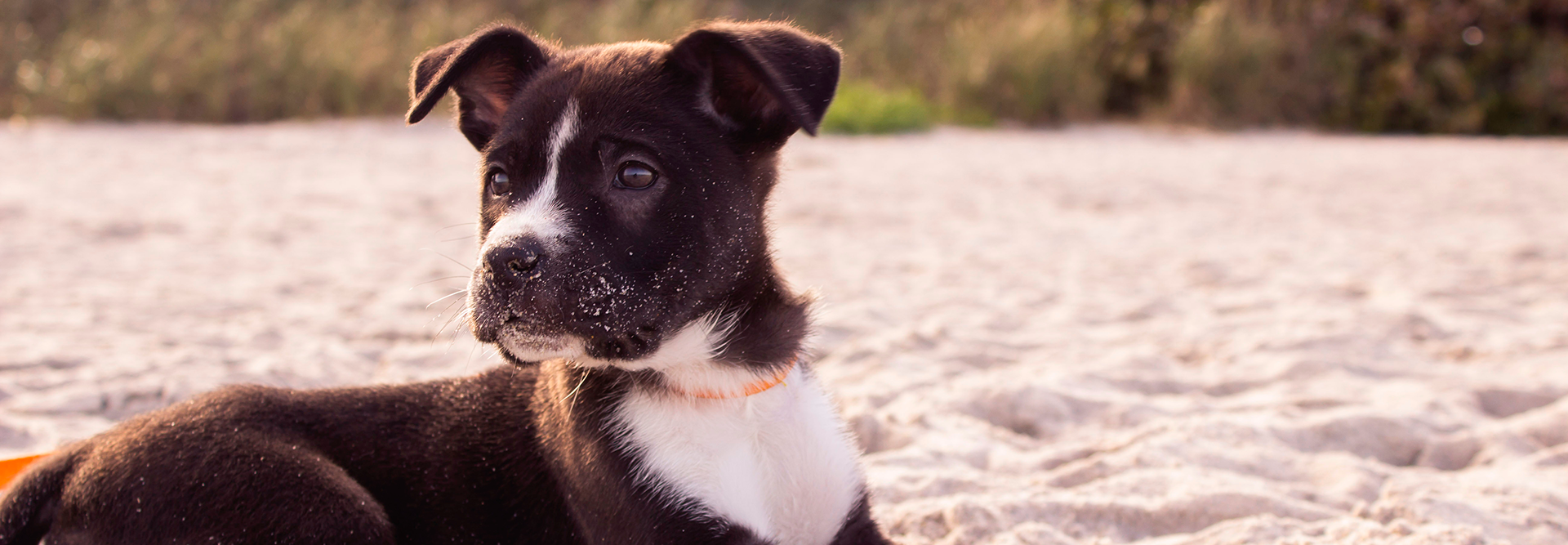
Flat-faced or short-nosed dogs, like Pugs, French Bulldogs and Boston Terriers, have risen in popularity in the last couple of years. We can’t deny that these furry cuties are absolutely adorable—who can resist those cute little snouts? Unfortunately, it’s this distinctive feature that causes them to experience certain health problems. Because of their short nose […]
Flat-faced or short-nosed dogs, like Pugs, French Bulldogs and Boston Terriers, have risen in popularity in the last couple of years. We can’t deny that these furry cuties are absolutely adorable—who can resist those cute little snouts? Unfortunately, it’s this distinctive feature that causes them to experience certain health problems.
Because of their short nose and small upper jaws, brachycephalic dogs are likely to suffer from breathing problems. It’s not impossible to fully care and adopt this breed into your family, but it will require some work.
If you’re interested in bringing a Pug or a Bulldog home, here’s a quick guide on everything you need to know about these dogs.
The scientific term “brachycephalic” is typically used by veterinarians to describe dogs with short noses and flat faces. It comes from two Greek words that mean “shortened head.” From this definition alone, you can guess a few trademark characteristics about brachycephalic dogs. Many of these breeds share similar physical characteristics such as a short muzzle that looks like it’s been squished and a bottom jaw that sticks out.
Many popular dog breeds fall under the brachycephalic category. Some of these cute pooches include Chow Chows, English Toy Spaniels, Pekingese, Lhasa Apso, Shih Tzus, Chihuahuas, and Bullmastiffs. What makes these doggies so appealing to us is their unique looks—their short, squished-in faces and cute, round eyes seem baby-like to us. Most brachycephalic dogs are also friendly and playful furry friends so it’s not surprising that families want them in their homes.
Brachycephalic dogs often suffer from some type of breathing problem. Over time, they may become vulnerable to harsh conditions that can be damaging to their health. As puppy parents, it’s essential to be aware of potential health problems so you can further protect your cuddly fur-baby.
Breathing problems: One of the main health problems short-nosed dogs face are respiratory-related. These breathing problems are collectively referred to as brachycephalic syndrome (or brachycephalic obstructive airway syndrome). A few signs you may notice in your furry friend include:
Many short-nosed, flat-faced breeds are born with narrow windpipes, small nostrils, short jaws, and soft tissues and skin around the mouth, nose, and throat—all of which make it hard to inhale. Their short muzzle also means they’re especially vulnerable in hot weather since they cannot properly cool themselves down.
Tooth problems: Brachycephalic dogs have 42 teeth as all adult dogs do, but they also have a jaw too short to fit them all. This can lead to overcrowding and potential periodontal diseases.
Eye problems: Although cute, short-nosed pooches have eyes that tend to stick out of their skulls, giving them a permanent “shocked” expression. It’s hard for these furry cuties to close their eyes when taking a snooze. Being hit on the head can also cause them to experience vision issues.
Not all brachycephalic dogs suffer from major respiratory or medical complications. You, as an owner, can definitely improve your dog’s quality of life with the following care tips:
Harness over collar: When in doubt, choose a harness over a leash any day. Collars can constrict your dog’s neck, especially if they tend to lunge against the leash. It can also put a strain on their face and eyes, making it even harder to breathe.
Little to no exercise in hot weather: High temperatures are extremely dangerous for brachycephalic dogs. Because they cannot pant properly, their bodies may end up overheating, leading to heat stroke and other serious medical conditions. Keep your dog indoors when the weather’s hot and limit exercise to a few minutes.
Consistent appropriate weight: Obesity can worsen their breathing problems and add other unwanted health issues. Portion your dog’s food so that they receive the appropriate amount, and make sure to engage them in exercise.
Track all sounds: If you’ve had your dog long enough, you will learn the type of sounds they make. You may notice your dog is panting, breathing loudly, or snoring. These sounds may indicate airway obstruction, and should be checked with a vet as soon as possible.
Ask vet questions: Make sure you ask your vet for their advice on how to better care for your dog. Your dog may also benefit from certain corrective surgeries that make it easier for them to breathe normally.
Brachycephalic dogs require more attention and care than longer-nosed breeds, which can be off-putting but it’s for the best. These dogs are beautiful and friendly, and deserve lots of love from responsible owners. A family that understands the needs of these beautiful dogs is the best way to ensure they live a happy life. If you’ve decided you’re able to properly care for a brachycephalic dog, we are sure you will have a wonderful furry friend for life!
Check out our blog, 10 Rare Puppy Breeds You Should Know About for more beautiful pooches!